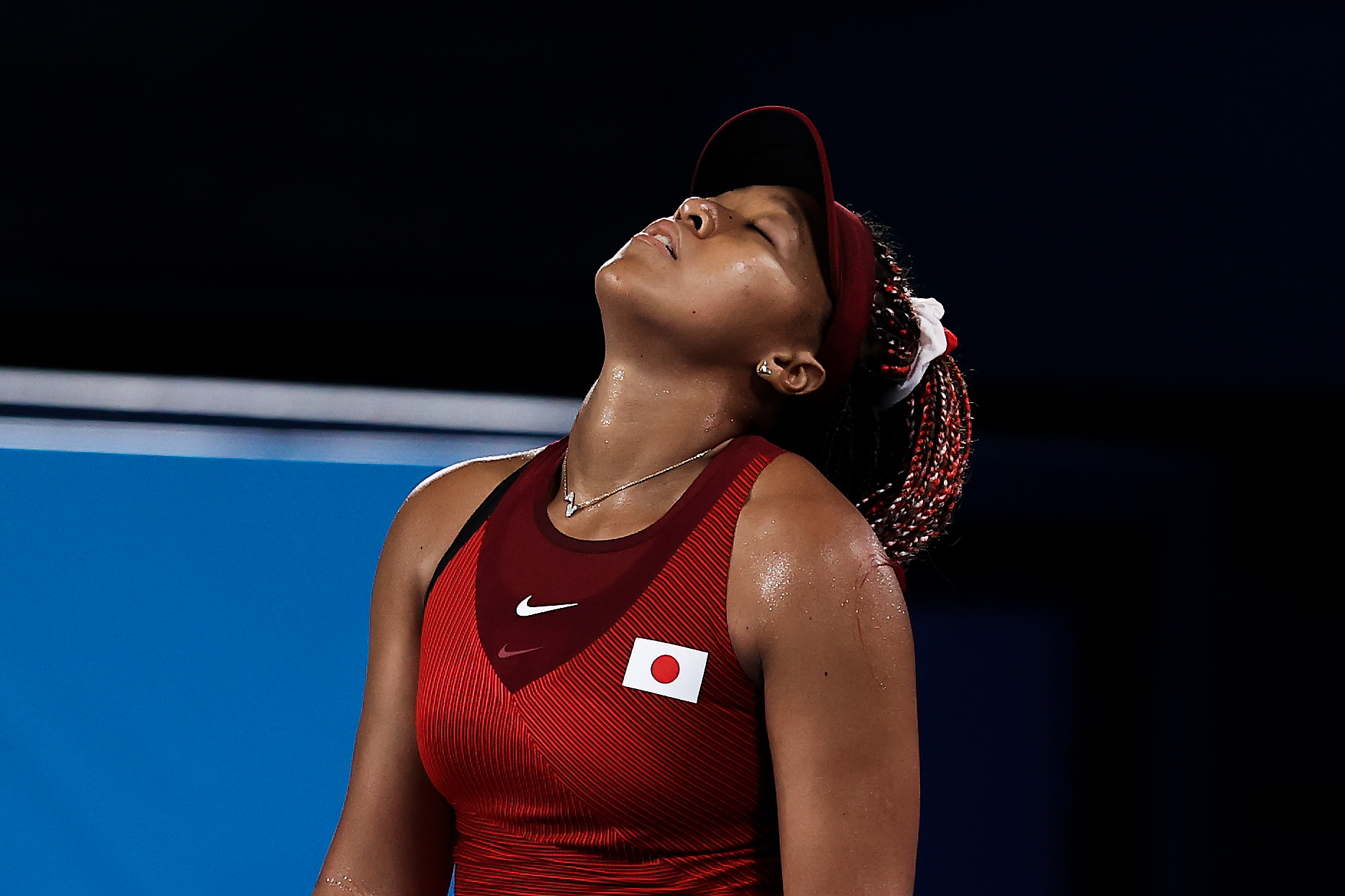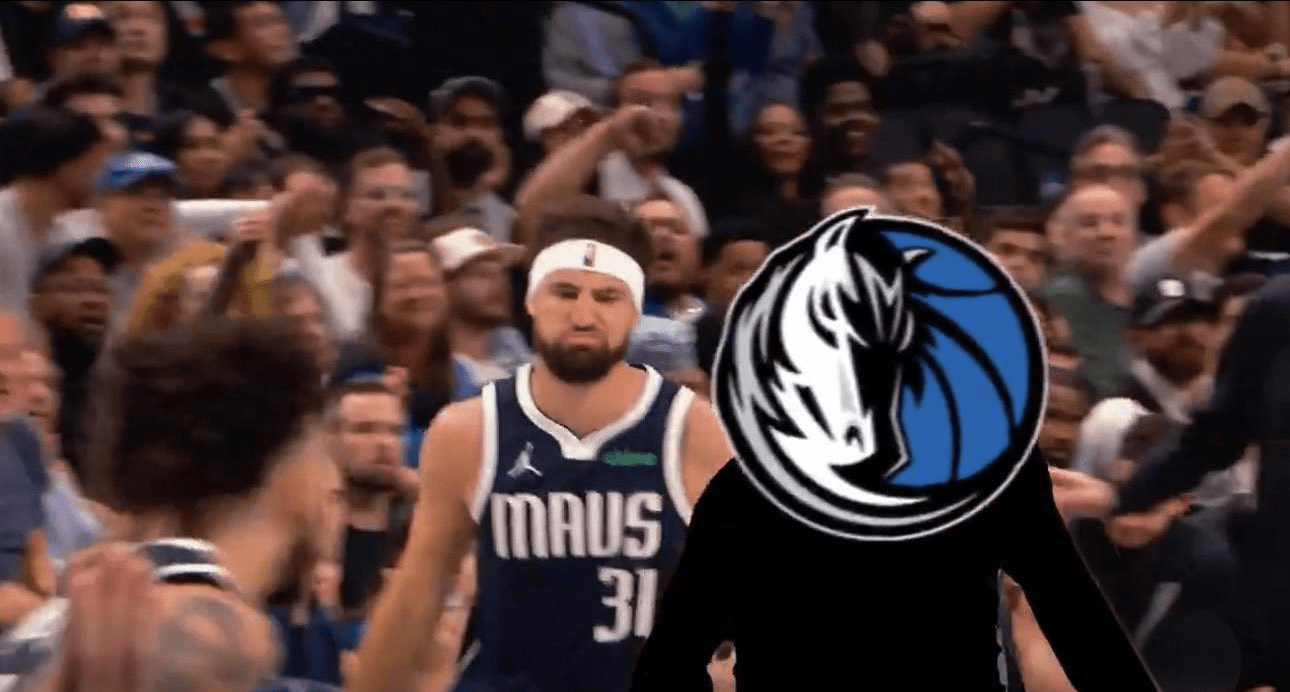Before she became the face of the Tokyo Olympics, Naomi Osaka had a strange summer, filled with the most scrutiny of her professional life and perhaps the fewest actual tennis matches. Japan's most prominent athlete won her fourth major title this February at the Australian Open, then played through the spring hard-court and clay events, even winning her first match at the 2021 French Open before she withdrew to take a mental health hiatus. She sat out the grass season and Wimbledon too, before arriving at the Olympics to light the cauldron—she called it "the greatest athletic achievement and honor I will ever have in my life"—and hunt a medal on her favorite court surface.
Nearly two months had elapsed between Osaka's last tour match in Paris and her opening match in Tokyo, which she won 6-2, 6-4 over world No. 52 Saisai Zheng of China. Afterward she reported feeling "a little bit refreshed" after her break from the tour. In the following round, Osaka dispatched world No. 49 Viktorija Golubic of Switzerland, 6-3, 6-2.
While Osaka may have looked to the world like the favorite, it would be hard to affix that label to any player coming into a big tournament this cold. Aside from the pandemic, Osaka hasn't had a midseason layoff this long in her pro career, and in a sport that demands year-round maintenance, it can be tricky for a player to pick up where they left off without some tune-up competition. After cruising through two straightforward matches, Osaka's Olympic run came to an abrupt end in the third round on Tuesday when she lost 6-1, 6-4 to the Czech Republic's Marketa Vondrousova, the world No. 42 and a 2019 French Open finalist.
The two had never played, and the lack of familiarity seemed stark from the outset. Vondrousova persistently challenged her opponent to play one more ball while destabilizing her with spin, drop shots, and a sliding lefty serve. This strategy bore fruit: Osaka hit a dire 32 unforced errors across just 17 games. Osaka's big serve, a trademark weapon, didn't earn her many free points. Rain forced the women to play under a closed roof in hot and humid air, but as someone who honed her game in Florida and has flourished on the boggy hard courts in Melbourne and New York, Osaka said afterward that she was not hampered by the conditions.
"I'm disappointed in every loss, but I feel like this one sucks more than the others,'' Osaka told reporters after the loss, adding that the pressure at her first-ever Olympic appearance was "a bit much." Vondrousova, who called Osaka the "greatest in the game," empathized with her opponent: “It’s so much pressure, I cannot imagine.”





